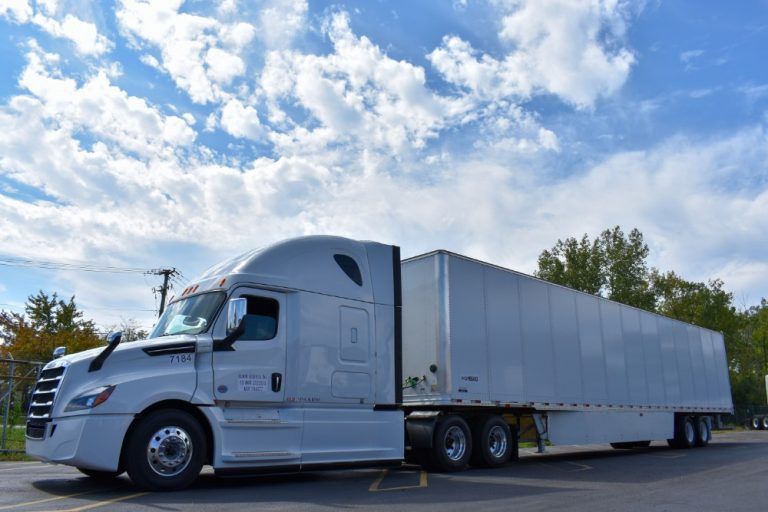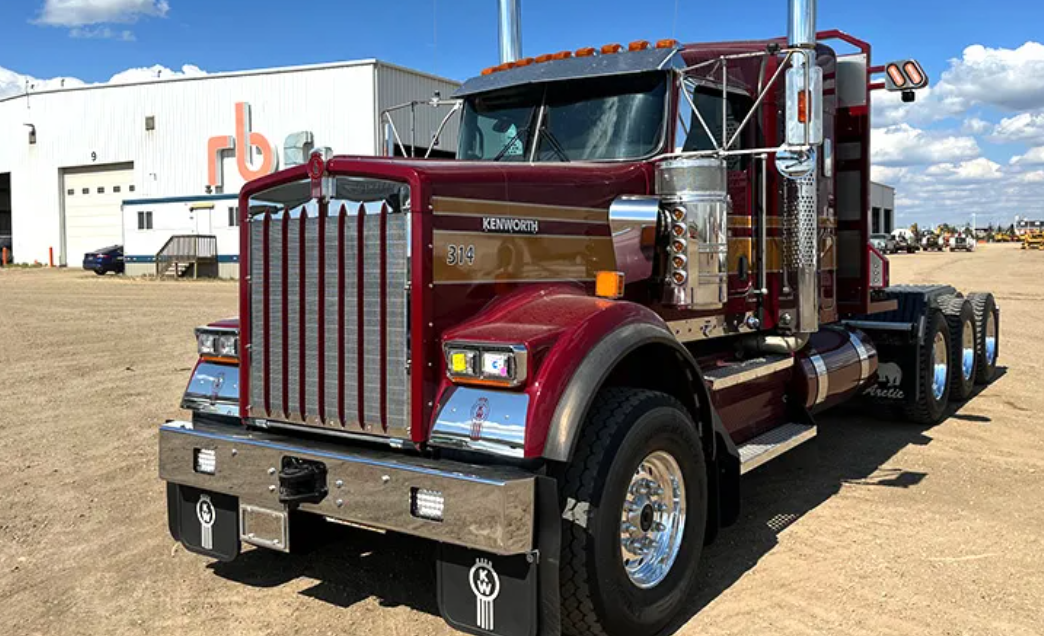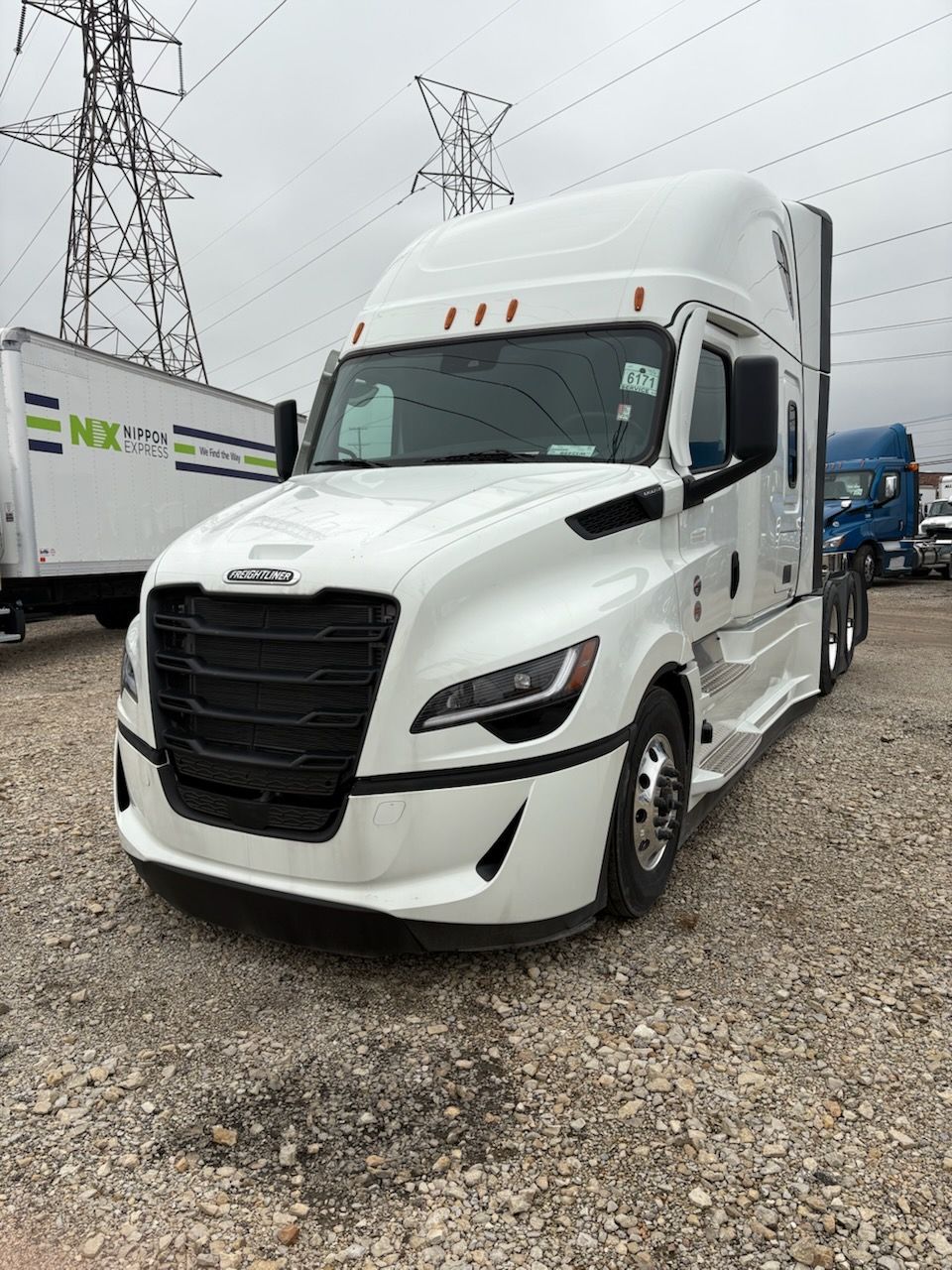Double Brokering: A Closer Look at the Practice in the Freight Industry
Share this Article:

Double brokering is a term that has gained notoriety within the logistics and transportation industry. While it may not be a familiar term to the public, it has serious implications for those involved in shipping and logistics. This article will delve into the concept of double brokering, its impact on the freight industry, and the potential consequences for those involved.
Defining Double Brokering
Double brokering occurs when a freight broker or intermediary contracts with a carrier to move a shipment, and then the contracted carrier re-brokers the shipment to another carrier. This practice can be considered unethical and, in some cases, illegal. It essentially involves a middleman within a middleman, which can lead to confusion, increased costs, and compromised shipment quality.
Reasons Behind Double Brokering
There are various reasons why double brokering may occur in the freight industry, including:
- Capacity Constraints: During periods of high demand, it can be challenging for carriers to find available capacity. Double brokering may be used to source additional capacity from other carriers.
- Financial Gain: Some carriers or intermediaries may engage in double brokering to increase their profit margins. By brokering a shipment to a second carrier at a lower rate, they can pocket the difference.
- Market Fluctuations: Carriers may accept a shipment at a particular rate, only to find that market rates have changed. They may then attempt to re-broker the load to another carrier at a more favorable rate.
Impact on the Freight Industry
Double brokering can have several negative consequences for the freight industry, including:
- Increased Costs: As there are multiple intermediaries involved, the cost of the shipment may be inflated due to additional brokerage fees.
- Reduced Visibility: Shippers may lose visibility into the shipment’s status and the actual carrier responsible for transporting their goods.
- Compromised Quality: With multiple parties involved in the shipping process, the chances of miscommunication and errors increase, potentially leading to delays, lost shipments, or damaged cargo.
- Legal and Regulatory Issues: Double brokering can expose shippers, brokers, and carriers to legal liabilities, as it may violate contractual agreements and industry regulations.
Preventing Double Brokering
To avoid double brokering, both shippers and carriers should take the following steps:
- Due Diligence: Shippers should thoroughly research freight brokers and carriers to ensure they are reputable and have a history of ethical business practices.
- Clear Contracts: Shippers and carriers should establish clear contractual agreements that explicitly prohibit double brokering and outline consequences for violations.
- Monitoring: Shippers should maintain open lines of communication with carriers and request regular updates on shipment status to ensure transparency.
- Industry Collaboration: Shippers, carriers, and brokers should work together to promote ethical practices within the industry and report instances of double brokering to the relevant authorities.
Double brokering is a practice that can lead to increased costs, compromised shipment quality, and legal issues within the freight industry. By understanding the concept and its potential consequences, shippers, carriers, and brokers can take steps to prevent double brokering and promote a more transparent, ethical shipping environment.
Bloom Services, Inc.
Here at Bloom, we provide both Volvo 860s and Freightliner Cascadias on our Rental and Lease-Purchase Program. If you have a Class A CDL and two years of experience, Bloom Services is hiring OTR truckers. Our drivers take home $3,000 + a week after all expenses.



